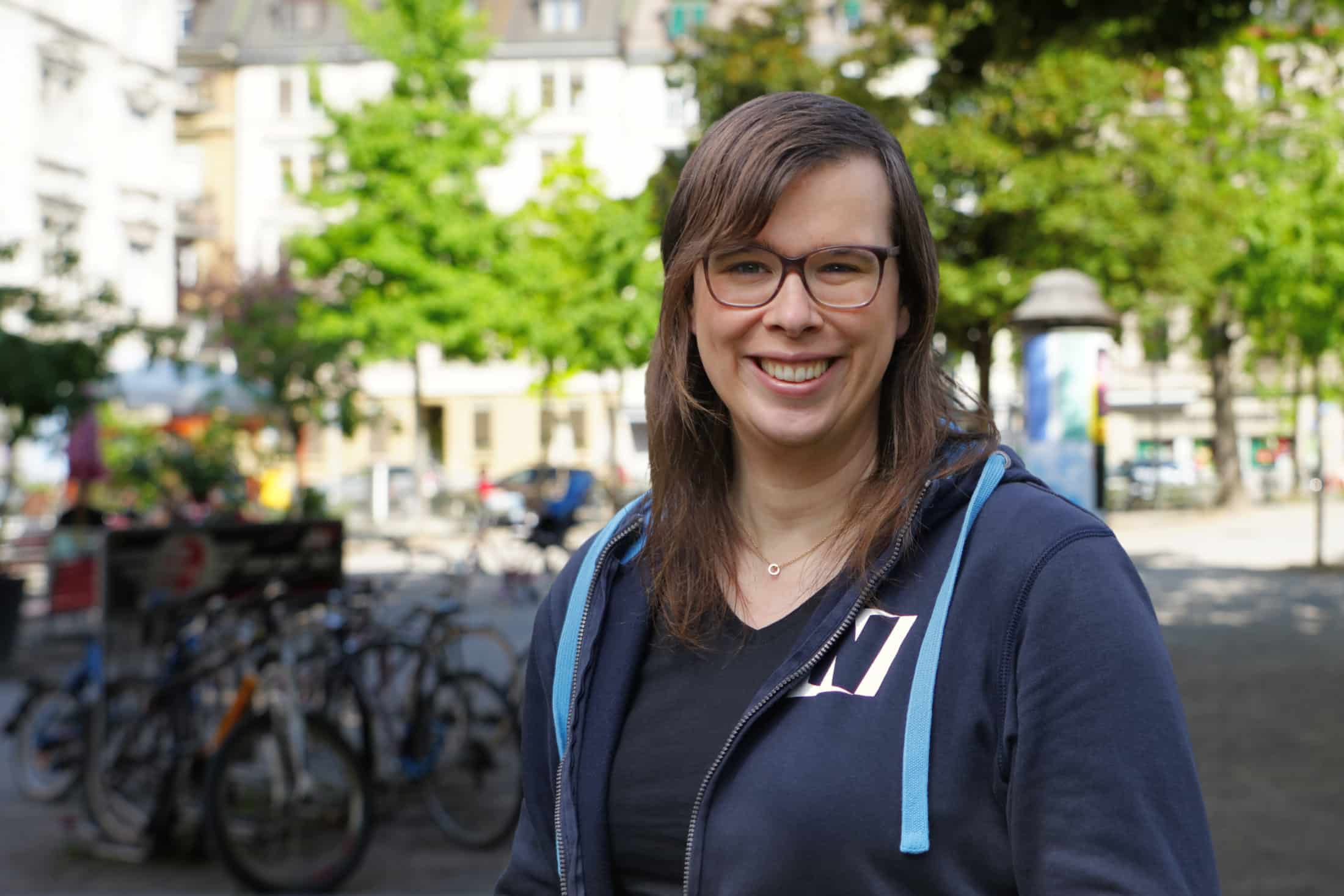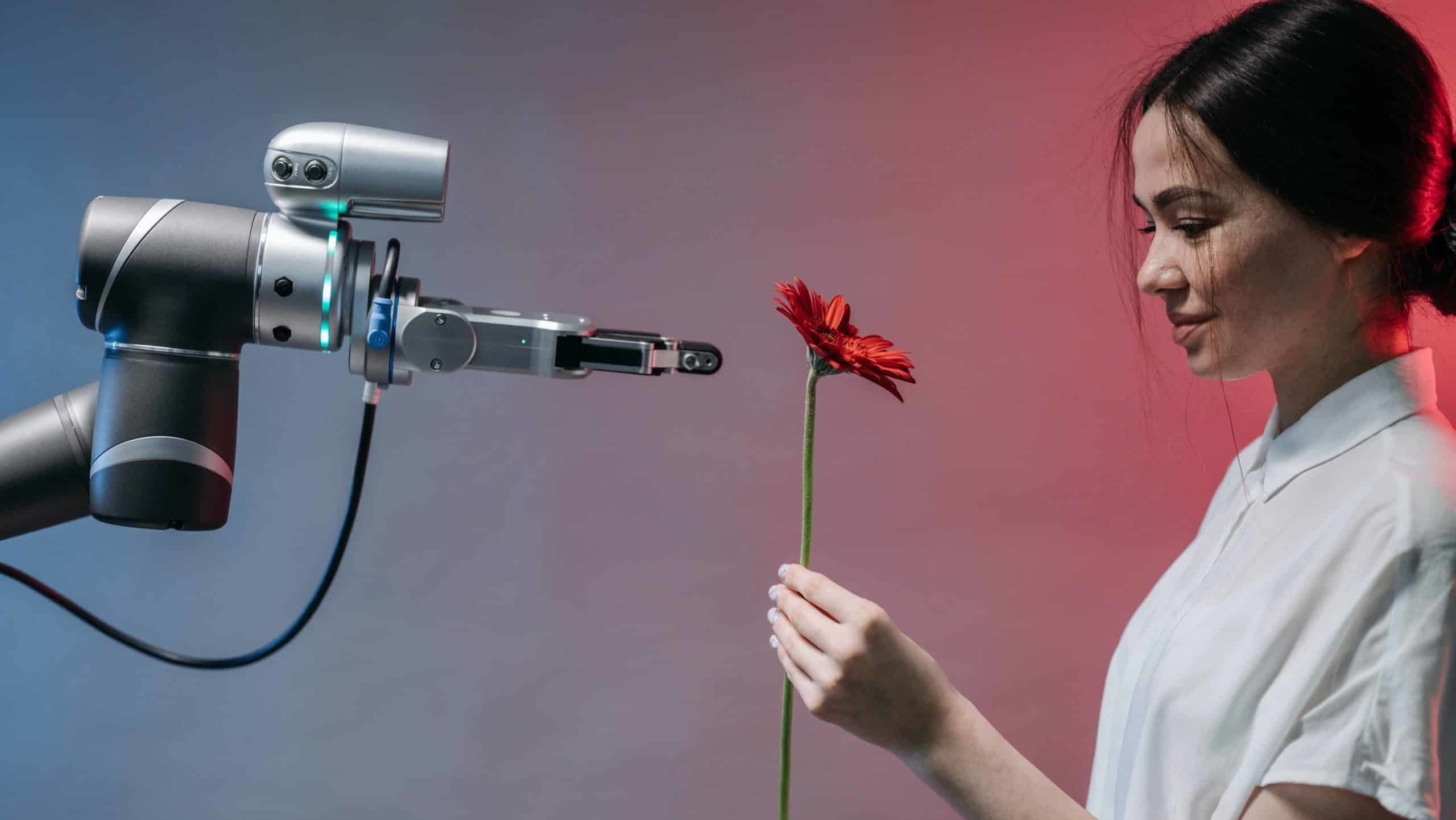The events industry is constantly evolving, and embracing innovative technologies like generative AI is essential for staying ahead of the curve. Virtual and hybrid events can benefit from the power of AI to create unparalleled experiences for attendees: from planning and promotion to engagement and post-event analysis.
While some concepts explored in this article may seem futuristic or speculative, many of the applications discussed can already be implemented today. As we continue to discover new ways to tap into the power of generative AI, we can expect to see even more transformative applications emerge in the near future. Let’s dive into the potential of AI for revolutionizing the event experience.
Table of contents
Event planning and promotion
Using AI to help find ideas for a new event
One of the first steps in organizing a successful event is selecting a relevant topic, theme, and a name that resonates with the target audience. Bing Search and its chatbot can be employed to analyse trends, past events, and audience preferences to suggest innovative and captivating ideas for event themes, topics, and names, ensuring that the event stands out in the market.
Tailored content and recommendations for attendees
Big conferences are especially hard to navigate for attendees and to choose what they want to experience. Based on the analysis of attendee preferences, generative AI can create personalized content for each participant, including custom schedules, session highlights, and networking opportunities. This not only enhances the overall event experience, but also increases the likelihood of attendee engagement and satisfaction.
Dynamic content creation for targeted advertising
Have a look at my quick test of using generative AI to create Deep Fake Steffi. It can dynamically generate personalized advertisements for potential attendees based on their interests, preferences, and online behaviour. This approach leads to higher conversion rates and increases the effectiveness of promotional campaigns.
Ensure the content quality of session information collected from speakers
ChatGPT can help improve the quality and consistency of content provided by speakers and presenters, such as session descriptions, titles, and other information. By analysing and rewriting content to match the event’s branding, tone, and style, AI ensures that all event materials are cohesive and engaging.
Personalized, scaled attendee support
Generative AI can be used to create AI-powered chatbots that provide personalized, real-time support to attendees throughout the event process. By answering questions, addressing concerns, and providing relevant information, these chatbots can improve customer service and attendee satisfaction while reducing the workload for support staff.
Quick reaction to changes in the event schedule
In the dynamic world of events, we all know, that last-minute changes are inevitable. Generative AI can help event planners quickly adapt to changes in the event schedule by automatically updating teleprompters, digital signage, and other information displays with the most recent information. AI-driven solutions can ensure that all event materials are accurate, consistent, and up-to-date, minimizing the risk of confusion or misinformation.
Optimize coordination with AI
Managing communication and coordination among various stakeholders, including speakers, sponsors, vendors, and attendees, can be a complex and time-consuming task for event planners. AI can be used to create an administration assistant that streamlines these processes by automating routine tasks, such as sending out reminders, updating schedules, and answering frequently asked questions.
Engagement and interactions with Generative AI
Generating a personalized experience for each participant
By leveraging the power of generative AI, event organizers can create custom virtual environments that adapt to each attendee’s interests and preferences. This may include personalized avatars, tailored content recommendations, and adaptive learning paths, ensuring that each participant feels valued and engaged throughout the event.
Real-time content generation to make the event more interactive
AI can also be used to create real-time, interactive content that responds to attendee input and feedback. For instance, AI-driven solutions can generate dynamic presentations, live polls, and Q&A sessions that adapt based on audience responses, fostering a sense of connection and collaboration among participants.
Leveraging AI matchmaking for enhanced networking opportunities
Generative AI can analyse attendee profiles, interests, and preferences to create a data-driven matchmaking system, helping attendees find the most relevant and interesting dialogue partners. By analysing the data provided by attendees during registration or through social media, AI-driven matchmaking algorithms can identify potential connections and recommend networking opportunities.
Personalized icebreakers for meaningful connections
Generative AI, like GPT-3.5, can analyse attendees’ profiles, interests, and social media activity to generate conversation starters tailored to each individual. By offering personalized icebreakers, event organizers can help attendees overcome the initial awkwardness of speaking with a stranger and facilitate more meaningful and engaging interactions. For instance, AI-generated conversation starters might include common interests, shared experiences, or relevant industry topics.
Analyse and improve after an event
Evaluating audience engagement and satisfaction with AI support
AI can play a crucial role in analysing and evaluating audience engagement and satisfaction after an event. By processing data from various sources, such as social media mentions, survey responses, and event platform analytics, AI-driven solutions can identify key trends, sentiment, highlight areas of success, and pinpoint opportunities for improvement. This data-driven approach allows event organizers to make informed decisions and enhance future event experiences.
Utilizing generative AI to maintain audience relationships and loyalty
After the event, generative AI can help organizers maintain audience relationships and foster long-term connections. By analysing attendees’ interests, preferences, and engagement patterns, AI-driven systems can generate personalized content, updates, and follow-up communications tailored to each individual. This can keep attendees engaged and informed, while also promoting future event participation and loyalty.
Improving event recordings with AI
Thanks to services like Descript, you can greatly improve the quality of a recorded speech. Descript utilizes AI technology to not only allow to edit the talk based on a computer-generated script, but also to eliminate filler words like “ehm” and “uhms” and AI dubbing incorrect words with new, corrected ones.
Integrating emerging technologies to enrich experiences
As technology continues to evolve, generative AI can help event organizers stay ahead of the curve by identifying and integrating emerging technologies that can further enhance event experiences. By staying informed and embracing cutting-edge solutions, event planners can create unforgettable, innovative experiences that meet the ever-changing needs and expectations of their audience.
Conclusion
As the event landscape continues to evolve, it is crucial for organizers to stay ahead of the curve and embrace innovative technologies like generative AI. By leveraging the power of AI-driven solutions, event planners can create highly personalized, immersive, and engaging experiences for virtual and hybrid events. Generative AI enables organizers to streamline event planning, promote meaningful connections, evaluate audience engagement, and continuously improve event strategies, ultimately setting the stage for unparalleled event experiences.
Let’s realise an extraordinary project together.
Give us a call at
+41 44 512 16 36
or send us an email at hello@everywow.ch.


